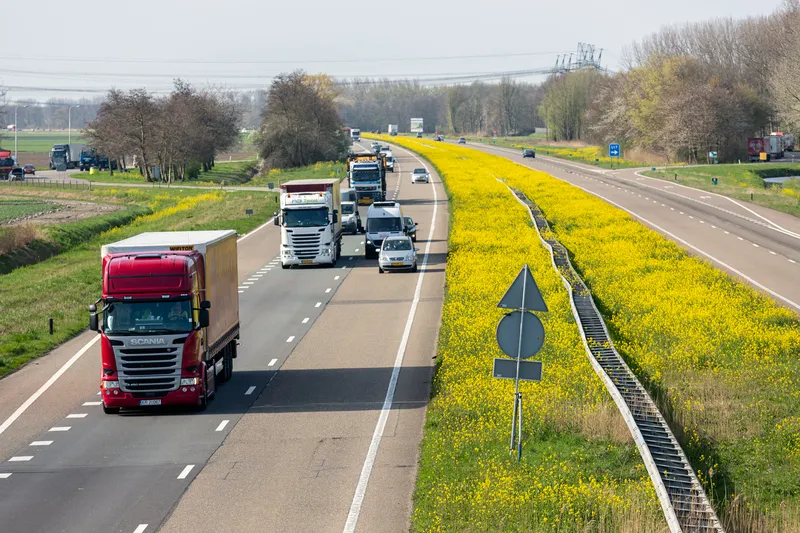Dutch technical services provider Imtech has won nearly US$69 million in contracts for projects in the Netherlands and the UK.
January 31, 2012
Read time: 1 min
Dutch technical services provider 769 Imtech has won nearly US$69 million in contracts for projects in the Netherlands and the UK.
The firm will install and maintain dynamic traffic signalling along motorways in Rotterdam, which should be complete by November 2010. It has also been contracted to renovate the road traffic control centre in the north-west of the country.
In the UK, Imtech has been contracted to install a communication network along the M6 motorway.
The firm will install and maintain dynamic traffic signalling along motorways in Rotterdam, which should be complete by November 2010. It has also been contracted to renovate the road traffic control centre in the north-west of the country.
In the UK, Imtech has been contracted to install a communication network along the M6 motorway.








